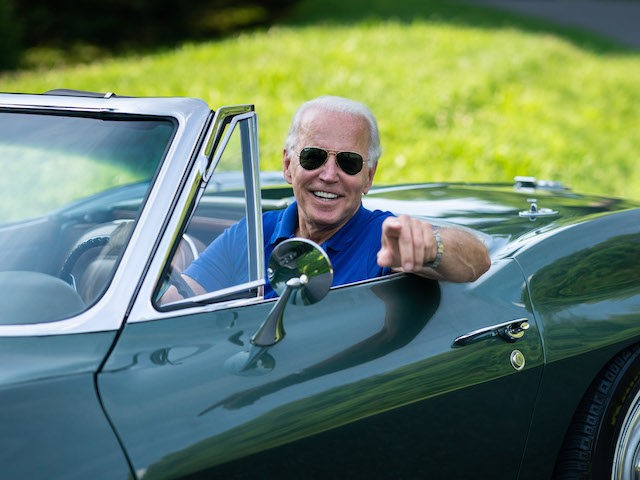The number of Americans who rank economic issues as the nation’s top problem has reached the highest point since the pandemic began, Gallup poll said Monday.
The latest survey found that 26 percent of Americans view economic issues—such as inflation, unemployment, and general economic conditions—as a top priority.
At the same time, Gallup’s measure of economic confidence has been plunging for five months. The latest data shows confidence at a negative 29, close to the worst levels of negative 32 and negative 33 hit in April 2020.
Inflation is high and rising, pushing up prices at a record pace and a wide variety of goods and services. The average cost for a Thanksgiving Day dinner will be up by 14 percent, according to the Farm Bureau.
The most frequently mentioned specific economic issues are the economy in general terms at 10 percent and inflation at seven percent. Unemployment was next at five percent. No other economic matters—such as the federal budget deficit, income inequality, or fuel or oil prices—exceed 1 percent, according to Gallup.
Inflation concerns are at their highest level since April 2001 but there is a sharp partisan divide. Eleven percent of Republicans name it as a top concern, compared with just one percent of Democrats. Seven percent of independents say inflation is their top concern. The last time significantly more than 7 percent of Americans named inflation as a top concern was May 1985, when it registered 11 percent.
As recently as September, inflation barely registered as a top concern. The swift rise in concern follows inflation reigniting this autumn and hitting a 30 year high in October.
This has flummoxed the Biden administration and its allies on the American left. The administration at first argued that inflation was confined to just a small part of the economy and would likely pass quickly. When inflation broadened and showed signs of heating up instead of fading, the Biden administration persisted to deny its importance until it switched to blaming corporations for raising prices.
On Monday, the Biden administration said it was nominating Fed chair Jerome Powell to a second term, a move many analysts say may be an attempt to show that the administration now takes the threat of inflation seriously. Powell is considered more likely than other potential nominees to pivot to tightening policy to bring down inflation.
The share of Americans saying they are most worried about the economy, now at 10 percent, had not hit double digits since 2017, when the Trump administration’s economic policies and promises to protect American industry from China’s predatory mercantilism eased economic concerns.
Thirteen percent of Republicans said general economic conditions were a top priority, while 10 percent of independents and 7 percent of Democrats gave this response.
“Biden’s ability to improve his economic and overall job approval ratings appear to be tied to his ability to address inflation and shortages, if the stronger parts of the economy can remain that way,” Gallup editor Jeffrey M. Jones wrote in an analysis of the poll results.
Despite the recent climb, economic concerns are well below the peak levels hit during the financial crisis. In February 2009, 86 percent of Americans said the financial crisis was the top issue.
“Even in relatively good economic times in the past, it was common for more than 30% of Americans to name an economic issue,” Jones wrote.
More Americans say the number one problem is government, at 21 percent. Concern over the coronavirus has fallen to being the top priority for 13 percent of Americans, half what it was during the Delta variant surge in August. Other specific issues commonly mentioned as the most important problem in the new survey are immigration at nine percent, unifying the country at six percent, and race relations or racism at five percent.
–UPI contributed to this report.

COMMENTS
Please let us know if you're having issues with commenting.